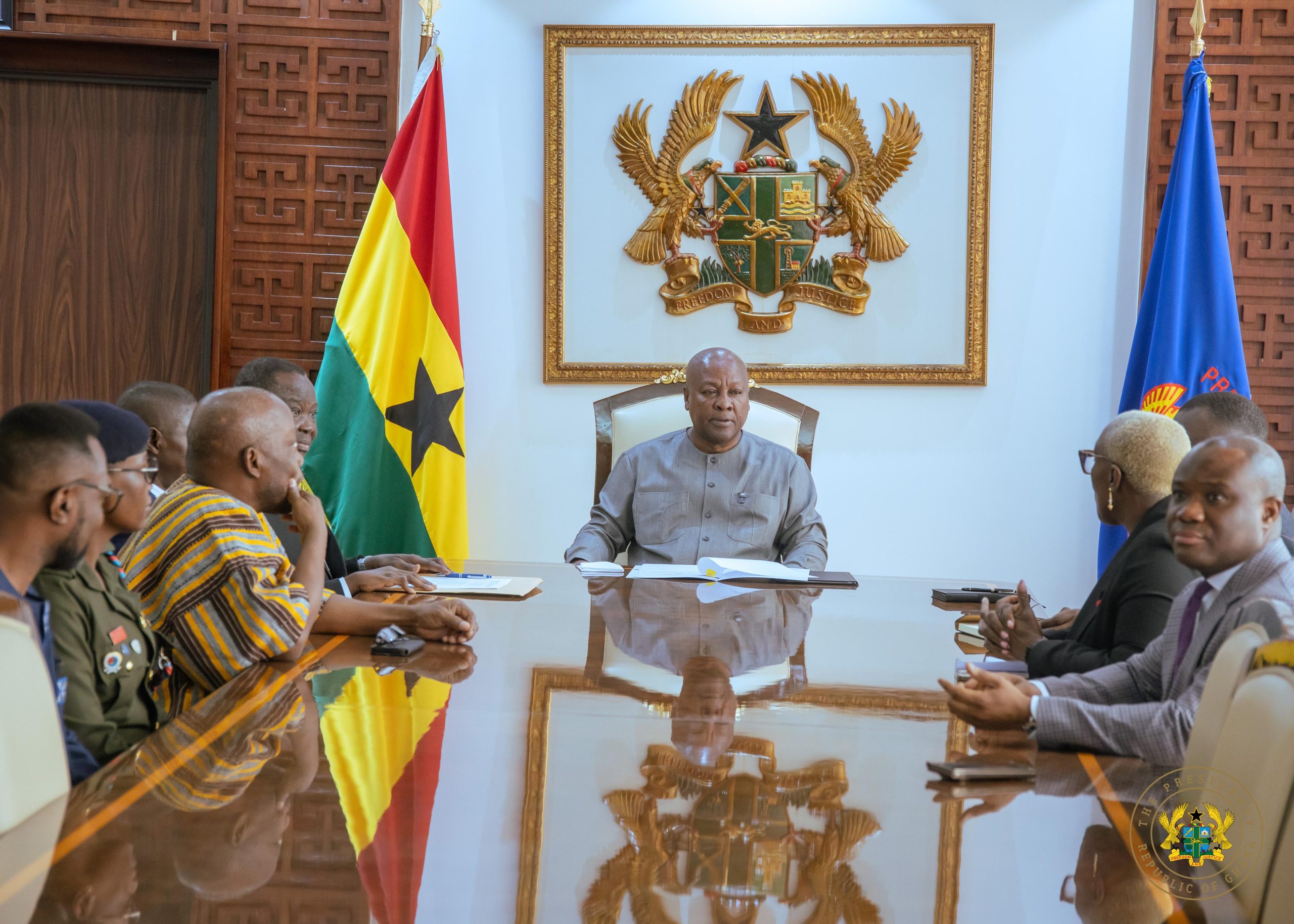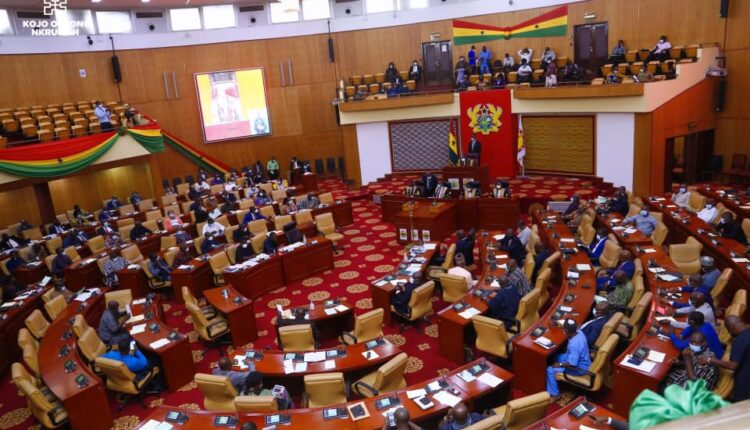Nurses’ Strike – A Call for Strategic Labour Reform
A Wake-Up Call in Scrubs
Ghana’s healthcare system has been brought to its knees—not by disease, but by disruption. The ongoing strike by the Ghana Registered Nurses and Midwives Association (GRNMA) is more than a labour standoff. It’s a signal flare exposing deeper fault lines in our industrial relations architecture.
Understanding the Context
This strike stems from a conditions of service agreement signed in May 2024 under the previous administration. The new government, which took office in early 2025, has committed to implementing this agreement by July 2025.
That commitment deserves recognition. Given the timeline and assurances, the decision to strike appears premature. Strikes must remain a measure of last resort—not a habitual reaction to policy delays.
Three Strategic Reforms to Consider
If we are to preserve essential public services while safeguarding workers’ rights, structural reform is no longer optional—it is urgent. The following proposals offer a balanced path forward:
1. Binding Membership Referenda Before Strikes
No nationwide industrial action should proceed without a binding vote by union members. This ensures democratic legitimacy and internal accountability.
2. Professional Union Administrators
Union operations should be run by full-time professionals funded by union dues, rather than public servants. This guarantees that union responsibilities do not interfere with essential government functions.
3. Government-Supported Union Time Allocation
A designated number of paid hours per month should be allocated for union duties. This allows union work to continue without compromising service delivery.
Global Models We Can Learn From
Reform need not be radical; it can be smart and informed by global best practices:
• In the UK, legal strike ballots ensure union actions reflect majority support.
• In Canada, “release time” is clearly defined, enabling union representatives to fulfill their roles without halting core services.
• Germany’s co-determination model blends structured union input with continuity in public service.
Each of these models has successfully balanced worker representation with national functionality.
A Moment Bigger Than a Strike
The call to reset Ghana is a long journey—one that demands shared responsibility. This national renewal relies on the active participation of every citizen, on the patience to let institutions function, and the will to strengthen them.
No advanced nation reached stability without facing hard truths and making hard decisions. But wise decisions, we know, should never punish—they should empower.
And with the public goodwill currently enjoyed by the government, perhaps this is the most opportune moment in recent memory to consider lasting reform of our labour systems—for good.
From Confrontation to Collaboration
This strike can be more than a temporary disruption. It can be a turning point. The government’s willingness to honour past commitments should be met with equal willingness from unions to act in good faith.
Let us move from recurring confrontation to a culture of collaboration. Let us protect our national services not just with policy, but with partnership.
Ghana deserves a labour system that is responsible, resilient, and ready for the future.
⸻
About the Author:
Ken Johnson is President of Proforum UK & Europe, an organisation dedicated to advancing democracy and strategic public policy dialogue.





